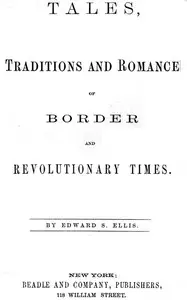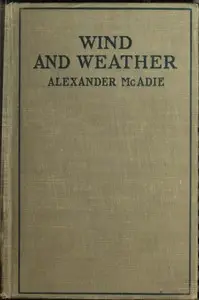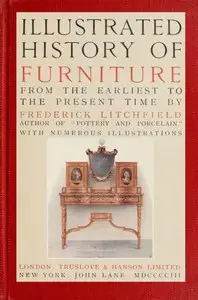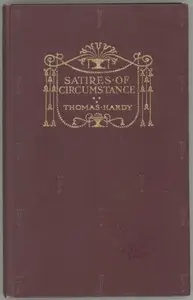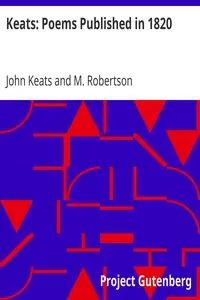"The Works of Christopher Marlowe, Vol. 3 (of 3)" by Christopher Marlowe is a collection of poetic works and plays written in the late 16th century. This volume includes some of Marlowe's most significant contributions to English literature, such as "Hero and Leander," which draws on themes of love, longing, and tragedy, and explores the fabled romance between Hero and Leander. The collection showcases Marlowe's blend of lyrical beauty and dramatic intensity, inviting readers into the complexities of human emotions and mythical narratives. The opening of this volume introduces "Hero and Leander," beginning with a vivid depiction of Hero, described as a stunningly beautiful maiden and a nun of Venus, residing in Sestos, who captures the adoration of the young Leander from Abydos. Their fateful love story is set against the backdrop of the Hellespont, where the trials and tribulations of their romance unfold. Through rich imagery and rhythmic prose, Marlowe captures the initial enchantment and tension between the characters, hinting at the inevitable tragedy that love can bring. The section primes readers for the emotional depth and lyrical elegance that characterize Marlowe's approach to storytelling, setting the stage for a haunting exploration of passion and despair. (This is an automatically generated summary.)

The Works of Christopher Marlowe, Vol. 3 (of 3)
By Christopher Marlowe
"The Works of Christopher Marlowe, Vol. 3 (of 3)" by Christopher Marlowe is a collection of poetic works and plays written in the late 16th century. T...
Christopher Marlowe, also known as Kit Marlowe, was an English playwright, poet, and translator of the Elizabethan era. Marlowe is among the most famous of the Elizabethan playwrights. Based upon the "many imitations" of his play Tamburlaine, modern scholars consider him to have been the foremost dramatist in London in the years just before his mysterious early death. Some scholars also believe that he greatly influenced William Shakespeare, who was baptised in the same year as Marlowe and later succeeded him as the preeminent Elizabethan playwright. Marlowe was the first to achieve critical reputation for his use of blank verse, which became the standard for the era. His plays are distinguished by their overreaching protagonists. Themes found within Marlowe's literary works have been noted as humanistic with realistic emotions, which some scholars find difficult to reconcile with Marlowe's "anti-intellectualism" and his catering to the prurient tastes of his Elizabethan audiences for generous displays of extreme physical violence, cruelty, and bloodshed.







